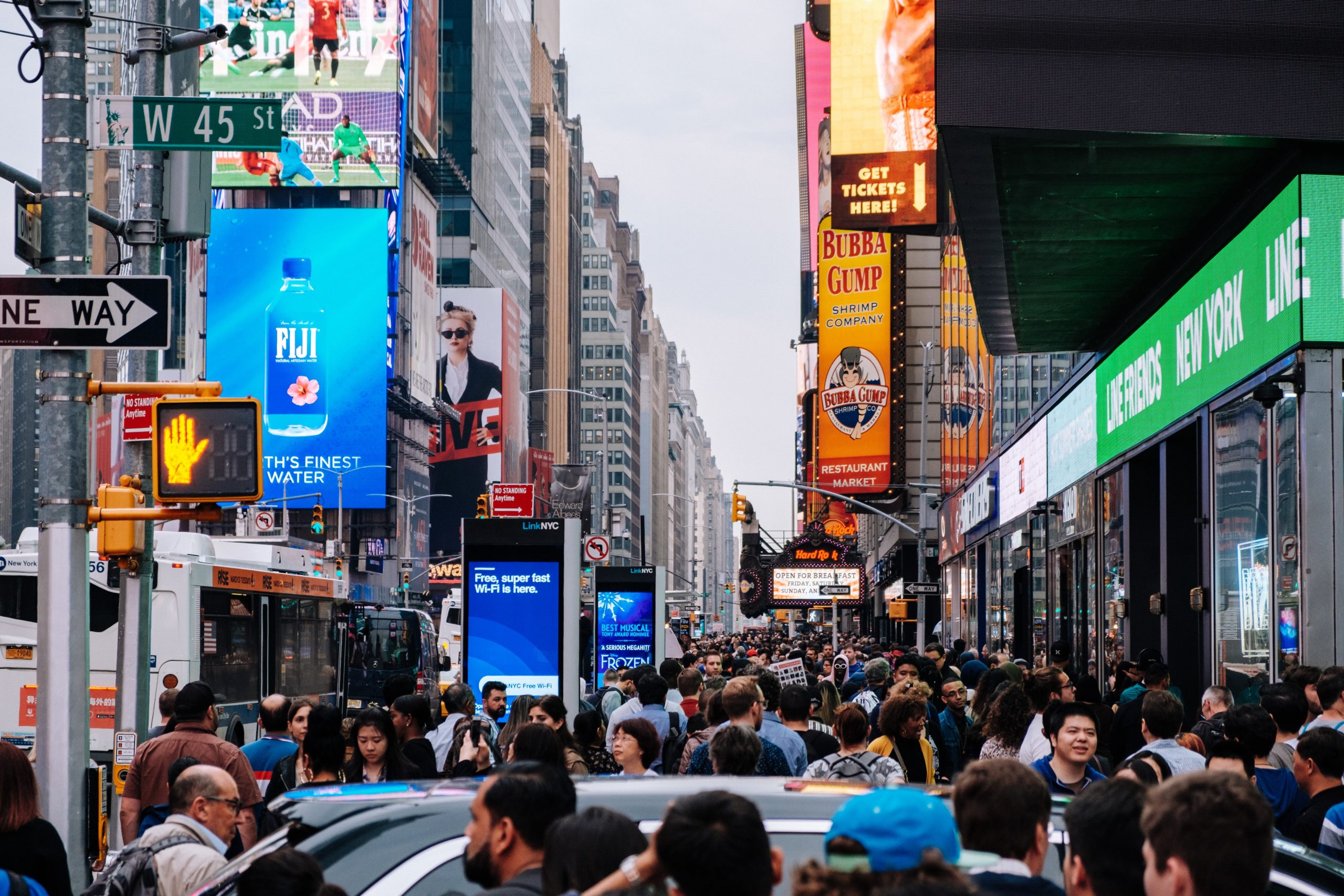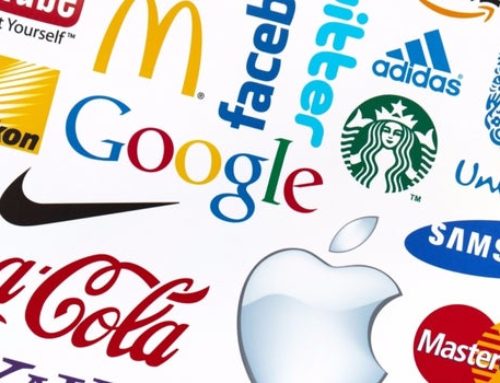“I had been told from school onwards that the best definition of a human being was man the tool-maker – yet I had just watched a chimp tool-maker in action. I remember that day as vividly as if it was yesterday.”
-Dr. Jane Goodall
Changing World Challenges Brand Power
Brands are intellectual properties that operate in the minds of people, persuading them to see something in a certain way. Brands are also context-sensitive, meaning that their value shifts based on the social, cultural environment in which they operate. When culture moves in a slow and predictable way, brand power is secure and manageable. What happens to brands in an environment of constant, significant change with frequent disruptions? They de-destabilize and lose power. Welcome to the new world of branding where the very nature of brands needs to evolve.
Unless brands continually adapt, they lose bits of social and emotional relevance. In our unpredictable, rapidly transforming world where one change can quickly cascade into exponential changes (known and unknown), this becomes an unending task. Change is constant and coming from all corners of the world as new media sources have created a global society. The loss to a brand’s power is subtle and incremental. Think “death by a thousand cuts” in a rapid time frame. Most leaders feel their brands are doing fine (not great, but fine), but the reality is that their brand is likely eroding in relevancy and value as they continue to invest in it. How do we know? Step back for a moment and think. Think about brands you know from the 1970’s through the 1990’s and the role they played in culture and lives. How many brands have that kind of cultural relevancy, power and influence today? If anything, given the new media opportunities, brands should be more powerful.
Brands Must Evolve with the New Human Experience
In our new world, the human experience is dramatically changing with profound consequences for business and commerce. Change is hard to see when you are in it, but the signs are all around. For example, consider how people now understand and think about some fundamental things. Gender, for example, is no longer a given. Gender identity is self-determined and there is gender choice. Children can now be conceived with low parental involvement and genetically designed. Beef, the iconic American food, on supermarket shelves may be cloned beef and labeling is not required by the FDA. Death can be chosen and planned on personal terms. Moving forward, more people will likely never drive, never be married, never have children and never have a corporate job. Without going as far as having you imagine the near future when people’s clean electric cars actually power their homes, you have a glimpse into our new reality. Things are not what they once were by a longshot and we are all affected. How are we changing through all of this? Although many are exploring this big question, what is important for brands is that the human experience is changing at a fundamental level.
It seems we are in an era of new enlightenment where a deeper, more resilient understanding about the world is replacing a shallow, static one. It has to, because the unexpected and unimagined events (e.g. radical weather, financial market collapse, scientific and technological feats) continue to happen and challenge foundational beliefs. The result is that people are now very unsure about what to believe in, what to commit to and who they are in the world. Anxiety is high, surprise is constant, and any feeling of security is fleeting at best. It is a new way of life. People are also realizing and rejecting the de-humanizing aspects of technology and taking steps to strengthen humanity (e.g. the rewilding movement, the maker movement) and reduce screen time.
Brands, which have been the emotional and contextual gateway to products and companies, have not transformed amidst all of this change and have remained fairly static. This is why their social relevance has declined. Despite what industry surveys on brand power suggest, think about the faded strength of historical brand giants like AT&T, McDonald’s, Coke and Tide and the absence of brand soul in modern power brands like Amazon, Google, Microsoft and Verizon. A few top brands including Walmart, American Express, Apple and Nike work hard to continually adapt, stay current and remain influential in shaping hearts, minds and culture. They are fully present with people in modern life, forward-learning into the world and exhibit resiliency in the form of strong, sustained relevance.
Re-Brand with Purpose, Future Insight and Heart
When brands are meaningless rather than meaningful, companies lose value. Brands are what make companies human, and help companies give human beings the meaning and connection they crave in modern life. People pay more for relevant meaning and connection in dollars, loyalty and advocacy which is why powerful brands are valuable assets with deep returns. It is what Harvard Business School Review reported as the value of emotional motivators. When thinking about re-branding, be sure to root your brand in the new real world and lean into the future that is unfolding now. Always connect with compelling human truths and build on the new universal truths that are re-defining the human experience. Let your brand be a guide through the uncertainty, part of life as people want it to be and a trusted beacon that dispels fear and strengthens hope. There is a real opening, in fact a beckoning cry, for brands that speak to modern lives, times and dreams. When your brand hits these notes, it will deliver dividends such as premium pricing, preference and loyalty, advocacy, trust and influence, accelerated acceptance of new products, risk mitigation and the ability to grow in new and unexpected ways based on people’s commitment to your brand.
FACT FOR THOUGHT
In 2019, US consumers will spend more time on mobile devices than on TVs for the first time in history: 3 hours 43 minutes per day on devices; with smartphone use dominating this time spent, compared to 3 hours 35 minutes on TV.
Enjoying Overhead Space? There’s More to Love.
Subscribe to Overhead Space to receive mind-expanding content that helps you connect the dots in new ways.




